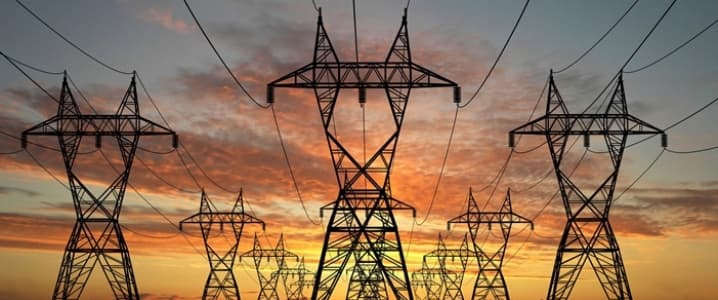DNV GL, an international consultancy group based in Norway, has claimed to have found the key to implementing grid-connected energy storage networks and systems. What has been called a “multi-stakeholder” approach involves different parties utilizing battery-stored energy at different times.
This research has been conducted in conjunction with Peeks, a commercial aggregator in the business of flexible energy systems, and Alfen, a manufacturing and integrator of such storage systems. The group has committed itself to authoring the framework by which this multi-stakeholder system can be applied to various communities. The application of such a “sharing” grid can lead to the implementation of renewable and non-traditional energy sources. By creating incentives for all parties involved, it is expected that this model will spread faster than the other potential solutions concerning energy storage. Despite the optimism, DNV GL has issued a disclaimer saying there is no business case for this project yet.
As it stands, there are various regulations that would prevent the implementation of such a system. Take for example that grid operators are prohibited from owning storage facilities, limiting their participation in the commercial electricity market. This means that the implementation of such a sharing grid would not benefit the grid operators, and they would chose not to participate. The reasoning behind the regulation is sound, as it prevents price control on the part of the grid operators. However, collaboration between these bodies, as well as between suppliers and customers, can help compensate for periods of slow business and can benefit all who chose to participate. The business model that DNV GL hopes to produce will only be accepted if all parties are better off due to its implementation. Related: The Secret Wealth Of The World’s Richest Oil Billionaires
The example given by DNV GL to demonstrate the benefits of these types of systems is that of grid operators being able to avoid expensive infrastructure upgrades to manage inactivity more efficiently. Currently there exists storage systems that remain on standby for 90 percent of the year. With a change of rules, this business model would allow grid operators to utilize that storage, and help manage supply and demand needs of customers, while also integrating renewable energy. Allowing the storage to unit to be commercially active for trading on the energy markets (APX, primary reserve, secondary reserve) would benefit the grid operators – this allows more benefits and higher revenues without additional capital expenditures and without additional investments. Furthermore, it allows for new technologies to be integrated to existing systems. Stakeholders of the grid operators and of the storage facility will benefit from lower operational costs associated with managing the network and a framework by which to increase the network in the future.
All these things combined would increase the utility of the parties involved for several reasons. The increased revenue from being allowed to trade in the energy markets, for example, would raise the value of the grid operating firms. Further, the decrease in cost to consumer makes these types of energy more accessible to more people. This is especially relevant if grid operating facilities begin to incorporate renewable energy sources into the grid, as many analysts expect will happen with the rise of battery storage systems.
By Michael McDonald of Oilprice.com
More Top Reads From Oilprice.com:
- Are Oil Prices Really Driven By Supply And Demand?
- As Non-OPEC Compliance Hits 60%, Oil Prices Remain Stagnant
- Despite Promises To Cut, Iraq Raises February Oil Exports


















